TopMedTalk & MacMillan Cancer Support | Get active and feel good?
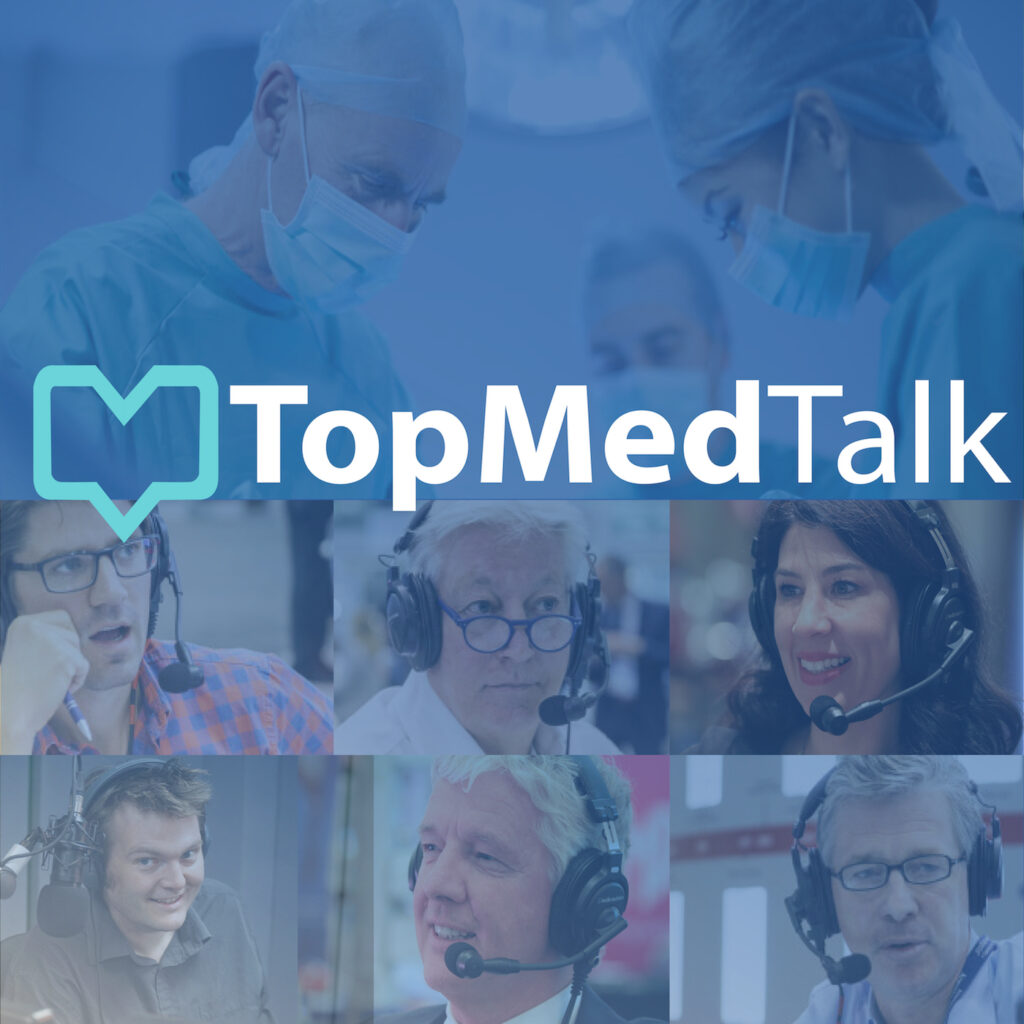
TopMedTalk in Collaboration with MacMillan Cancer Support in the UK developed this podcast series to support patients during their cancer journey amidst the COVID 19 crisis. It’s vital you remain active after a cancer diagnosis, why is this? Hear the fascinating story behind the discovery that activity not only reduces your overall levels of fatigue but also improves your chances of recuperation. “You have to pace yourself […] listen to your body”; but any physical activity will help fight feelings of tiredness. In short, if you get active you feel good. Also in this podcast, with direct reference to medical trials and studies, our guests give you the mechanism behind incredibly helpful changes caused by moderate exercise in cancer patients, evidence which has led medics to conclude that “exercise is real medicine”. “When we’re talking about being active during cancer it’s at any stage of the cancer journey: from prehabilitation through recovery”. Prehabilitation is the process by which people prepare their bodies for a major obstacle such as an operation or chemotherapy. It’s like rehabilitation but it takes place before the event. Just as when you start your recovery after treatment you would expect to get your body back to full health, here you try to achieve the best possible physical health before you start. The key point is that the medicine of exercise can be useful from diagnosis right through to full recovery and beyond. Again, with direct reference to the evidence, find out how incredible research into prehabilitation is changing the way we think about cancer and recovery. Recorded specifically at the height of the COVID 19 crisis hear how this research is being applied in the context of a global pandemic. Group forms of exercise are not an option while social distancing restrictions are in place, can exercising with other people bring us special benefits? If so, can those benefits be matched if we use the internet to continue the social side of going to a gym or a class? The YouTube link mentioned in this piece is here: https://www.youtube.com/playlist?list=PL4YhGgVzlQXjhq6UYbX7idSDYcPX5PRy9 Presented by Nick Margerrison with the Professor of Clinical Exercise Science, Anna Campbell, MBE, of Edinburgh Napier University and the director of CAN Rehab and the Professor of Prehabilitation Medicine, Sandy Jack, a consultant clinician scientist from The University of Southampton and University of Southampton NHS Foundation Trust . For more information, in the UK, phone: 0808 808 00 00 email: CancerPrehabilitation@macmillan.org.uk Twitter: @macmillancancersupport
EBPOM 2019 | Malnutrition and functional capacity
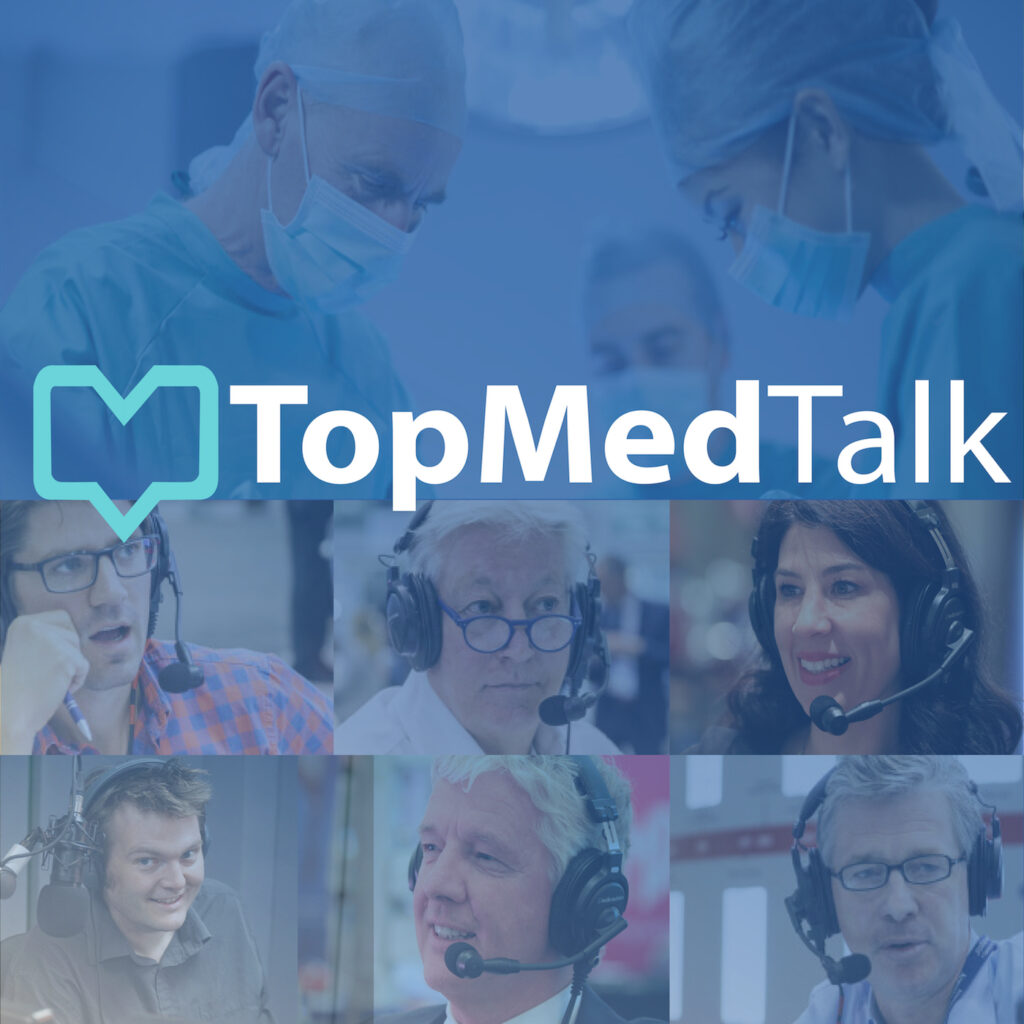
This piece is taken from the free papers presentations given at EBPOM 2019. Malnutrition and functional capacity; what is the effect of multimodal prehabilitation? What can the six minute walk test really show us? Does nutritional status predict preoperative change in a six minute walk test in colorectal cancer patients following a prehabilitation programme? Presented by Lauren Richer, Director, Nutritional Services, Keyto, Registered Dietician, Greene Family Medicine Clinic and Montreal General Hospital, Montreal, Quebec.
EBPOM 2019 | Moving as medicine

“Moving as medicine; is it the most underused but proven health promotion and healthcare practice?” Prehabilitation and population health naturally walk alongside each other. Learn here how Sport England’s ambitious strategy to reduce inactivity and improve the nation’s physical and mental health is connected to prehabilitation and Enhanced Recovery After Surgery. Should patients be seeking expert condition specific advice before becoming active? How do we improve the quality of conversations between practitioner and patient? The excellent Moving Medicine website can be found here: http://movingmedicine.ac.uk/ Presented by Sarah Ruane, Sport England’s national lead for health, she joined in January 2016 from local government where she oversaw public health, leisure and cultural services.
COVID 19 | Promote your anemia clinics in the pandemic era?
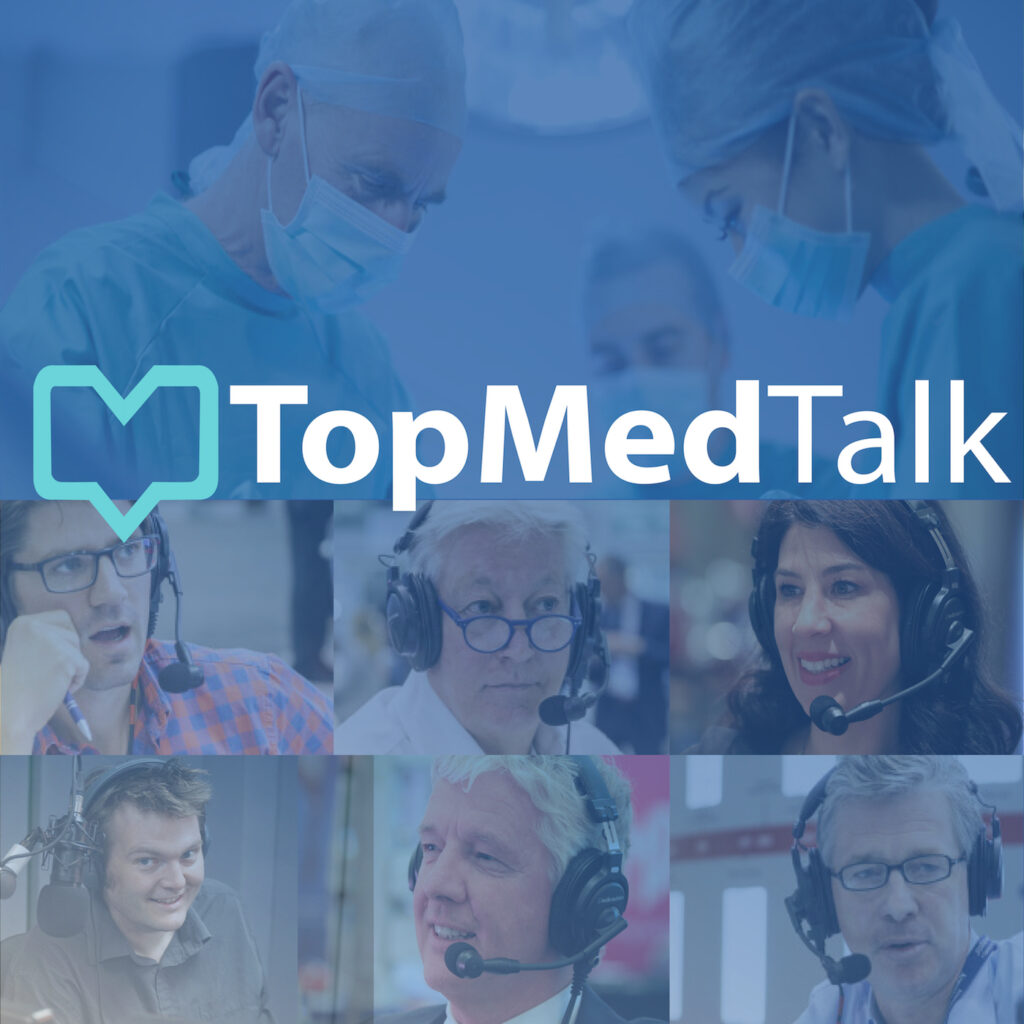
All treatments have unintended consequences, “locking down” most of The Western World is certainly no exception. In the medical world we’re faced with a familiar set of problems which has been intensified thanks to the sidelining and postponement of treatment for people who do not have the corona virus. It’s a complicated debate, with many strands, here we focus upon how prehabilitation, specifically regarding anemia, is actually now more important than it ever has been. There is an opportunity for perioperative practitioners, specifically you, the TopMedTalk listener, to advocate these ideas now as loudly as possible in order to secure long term benefits for the healthcare profession and population health a whole. Learn how iron infusions are helping countless people to prepare for a better outcome after their delayed surgery, are there innovations you can take at your practice which will similarly be an obvious help to your patients? Furthermore, hear how online networking is being used to assess patients, could you more widely use these technologies at your practice? The paper being discussed in parts of this piece is here: https://anesthesiology.pubs.asahq.org/article.aspx?articleid=2763405 Presented by Desiree Chappell with Monty Mythen and their guest, Professor Bobbi Jean Sweitzer, The Associate Chair for Clinical Perioperative Practice, Northwestern University in Chicago, Illinois. Thank you to our sponsor Edwards Lifesciences. Edwards clinical education (ECE): https://www.edwards.com/clinicaleducation This piece is also co-featuring as part of the “Women in Anaesthesia” series this year. Check out the last in the series here: https://www.topmedtalk.com/women-in-anaesthesia-part-6-carol-peden/ The British Journal of Anaesthesia article, which inspired the “Women in Anaesthesia” series, is here: https://bjanaesthesia.org/article/S0007-0912(20)30003-9/fulltext
EBPOM 2019 | Psychology and behavioural change
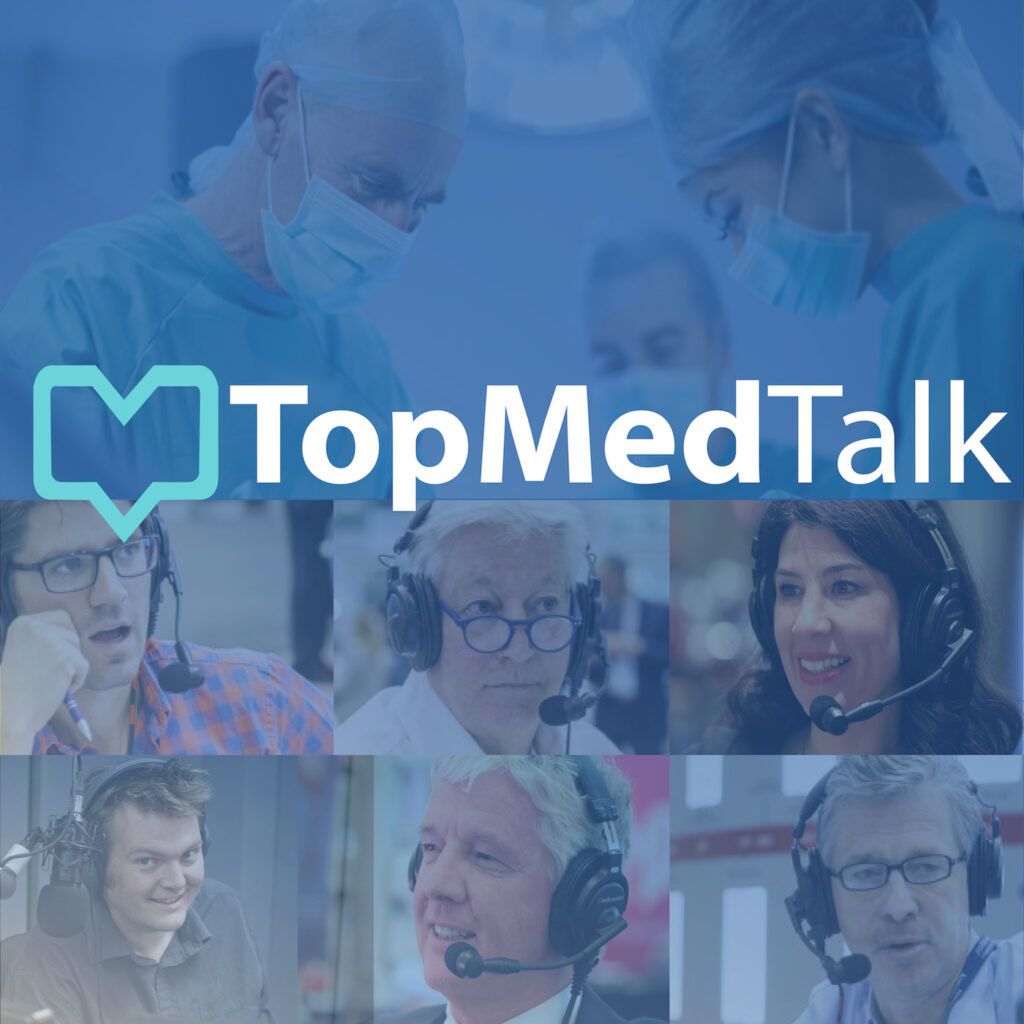
The historical focus in prehabilitation has been on exercise, how can the insights of psychology and behaviour change techniques be applied to the field? Should psychosocial outcomes and behaviour change be factored into your practice? There’s consistent evidence that anxiety around the time of diagnosis is predictive of post operative pain; depression increases the risk of chronic pain; psychological factors also impact on wound healing and functional recovery. Meanwhile low confidence and depression have been shown to effect outcomes. How can psychological behaviour change techniques be embedded into encouragement to involve themselves in exercise training in advance of their operation? For more on the Wesfit trial go here: http://www.wesfit.org.uk/ Presented by Chloe Grimmett, National Institute of Health Research (NIHR) post-doctoral Research Fellow and Senior Research Fellow for the Macmillan Survivorship Research Group at the University of Southampton; behavioural science lead for Wessex-Fit-for Surgery (WesFit) trial, a large randomised controlled trial of physical and psychological prehabilitation prior to cancer surgery and is a member of the National Cancer Research Institute clinical studies Lifestyle and Behaviour Change Group and the NIHR Cancer and Nutrition Collaborative.
Women in Anaesthesia Part 4 | Carolyn Johnston
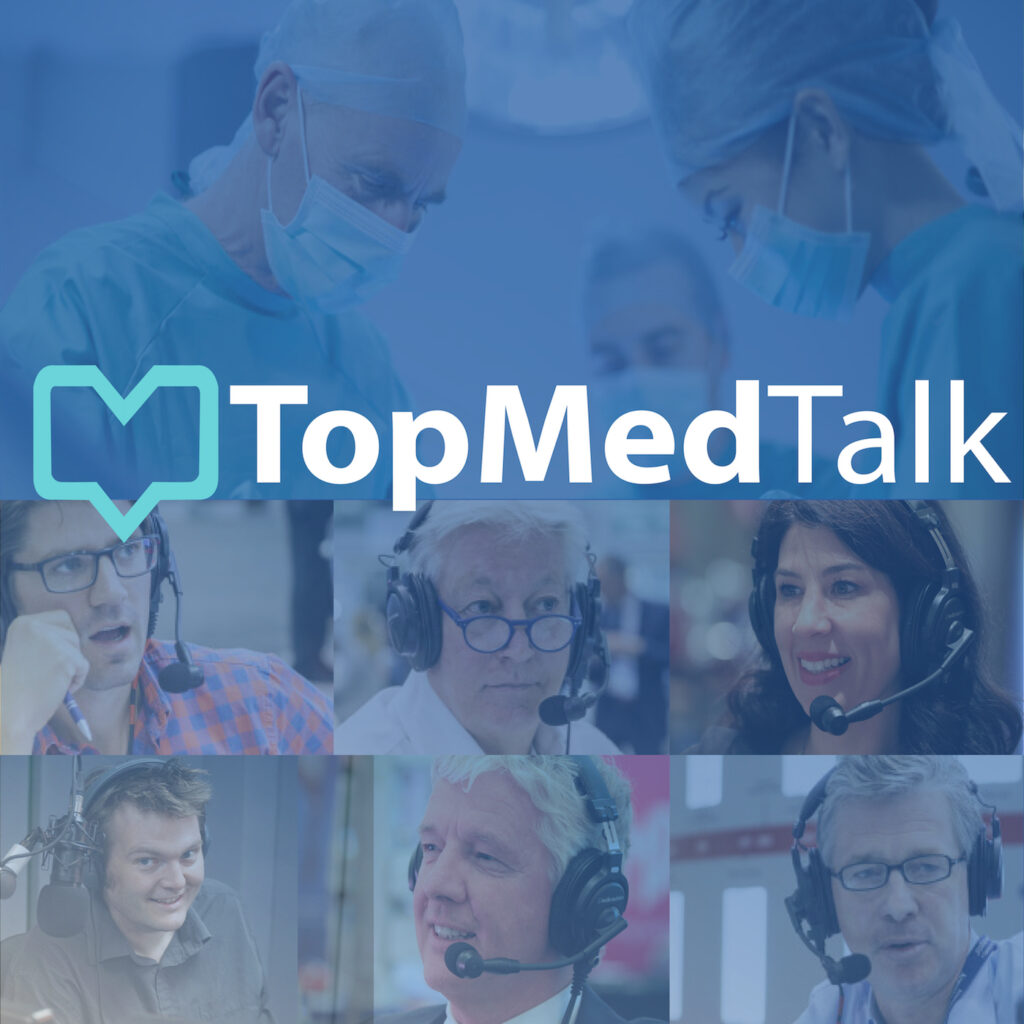
What are the benefits of Cardio Pulmonary Exercise Testing (CPET) in cancer patients? What is the evidence that suggests prehabilitation changes outcomes? Furthermore, what is the National Emergency Laparotomy Audit (NELA) and what are its benefits? Presented by Joff Lacey and Desiree Chappell with their guests; Carolyn Johnston, consultant Anaesthetist in St Georges hospital in London and Improvement lead for the National Emergency Laparotomy Network (NELA.org.uk) and Malcolm West, National Institute for Health Research (NIHR) funded clinical lecturer in surgery and honorary colorectal surgical specialist registrar at the University of Southampton, United Kingdom. Join in the debate: contact@topmedtalk.com The British Journal of Anaesthesia article, which inspired this series, is here: https://bjanaesthesia.org/article/S0007-0912(20)30003-9/fulltext
TopMedTalk | Mike Grocott’s 2020 vision
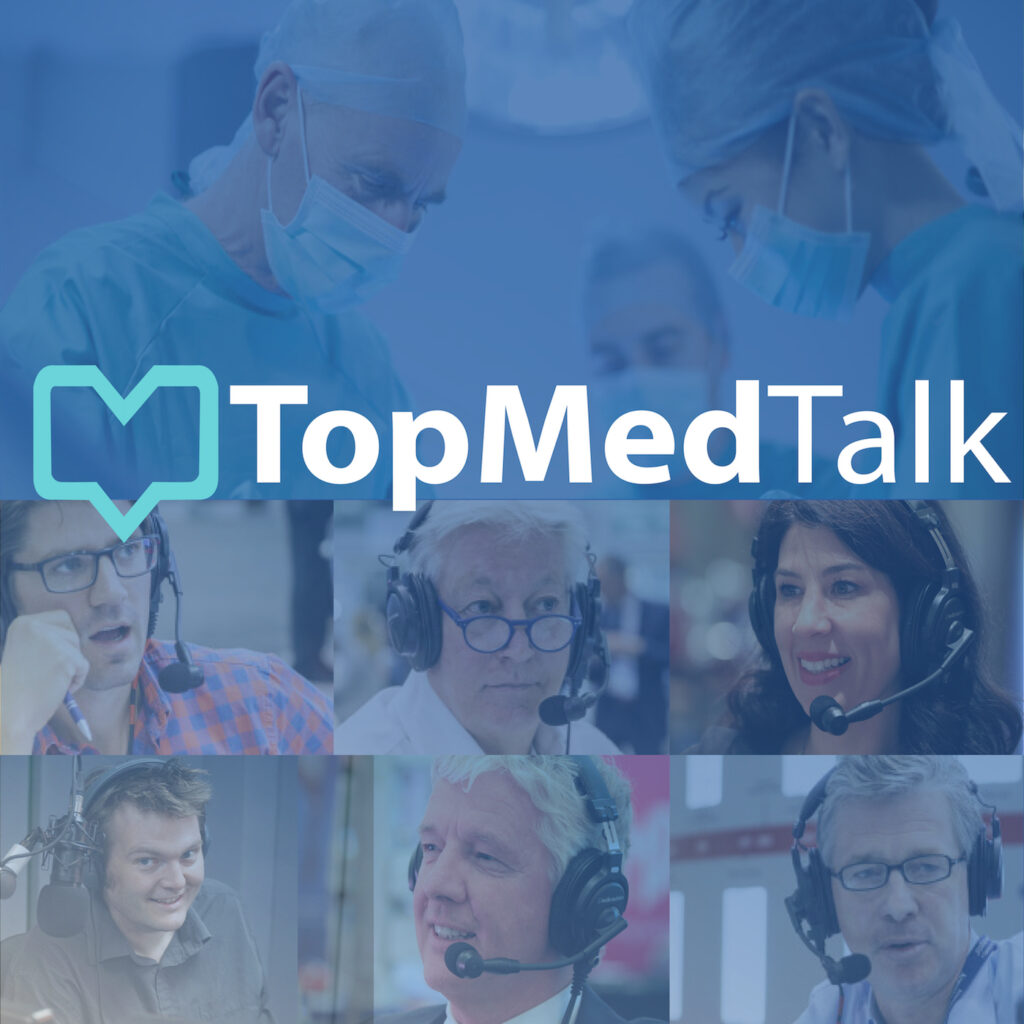
This piece takes a look at some of the big areas we expect to see over the next twelve months as Desiree Chappell and Monty Mythen are joined in the studio by TopMedTalk favourite Mike Grocott, Professor of Anaesthesia and critical care at the University of Southampton. Could political change and necessity improve things in the UK? Hopefully this time next year will be a “champagne moment” rather than a “sham moment”. As expected, the interest in prehabilitation over this year has been huge and the momentum seems likely to continue in 2020. Find out more about the Prehabilitation World Congress soon on the EBPOM website: https://www.ebpom.org New listeners are encouraged to listen to the wide range of discussions we’ve had on this fascinating topic by going here: https://www.topmedtalk.com/?s=prehabilitation Also, oxygen therapy has been a growing topic and we expect to hear more over the year; check out our work so far here: https://www.topmedtalk.com/?s=oxygen The article we mention in this piece is here: “Hidden pandemic of postoperative complications—time to turn our focus to health systems analysis” https://bjanaesthesia.org/article/S0007-0912(18)30654-8/abstract
TopMedTalks to… | William Wooden

“Our hospital now has twice the capacity it had” cost of care and efficiency are up. Hear how enhanced recovery after surgery (ERAS) and the power of prehabilitation has dramatically shifted institutions towards better outcomes and a higher value of care. Also in this piece; what is immunonutrition? How does stress alter our immune responses? The piece mentioned in the podcast can be found here: https://journals.lww.com/annalsofsurgery/Abstract/2018/10000/Impact_of_a_Novel_Preoperative_Patient_centered.13.aspx Presented by Desiree Chappell and Monty Mythen with their guest William Wooden, Director of Operative Services at Indiana University of Health.
EBPOM 2019 | EBPOM Prehab trials; WesFit

This piece focuses on the “Wessex Fit-4-Cancer Surgery Trial”; a unique multi-centre, efficacy pragmatic, factorial design, randomised controlled trial, with patient informed development and process evaluation “You wouldn’t run a marathon without preparing,” why would you want an operation where you don’t get ready for a physically stressful event such as surgery? Prehabilitation is an obvious advantage, gathering the data which proves that is essential to perioperative medicine because it means we can show the advantages clearly to both patients and practitioners as well as looking at ways of making the process more efficient. For more on this go here: http://wesfit.org.uk/ Presented by Professor Sandy Jack, PhD, Consultant Clinician Scientist in the Anaesthesia and Critical Care Research Unit at University Hospital Southampton NHS Foundation Trust, Southampton and NIHR Southampton Respiratory Biomedical Research Unit and Integrated Physiology and Critical Illness Group, Clinical and Experimental Sciences, Faculty of Medicine, University of Southampton, Honorary Senior Lecturer at the University of Liverpool, University of Southampton and University College London.
TopMedTalk | Andy Klien, Editor in Chief of Anaesthesia
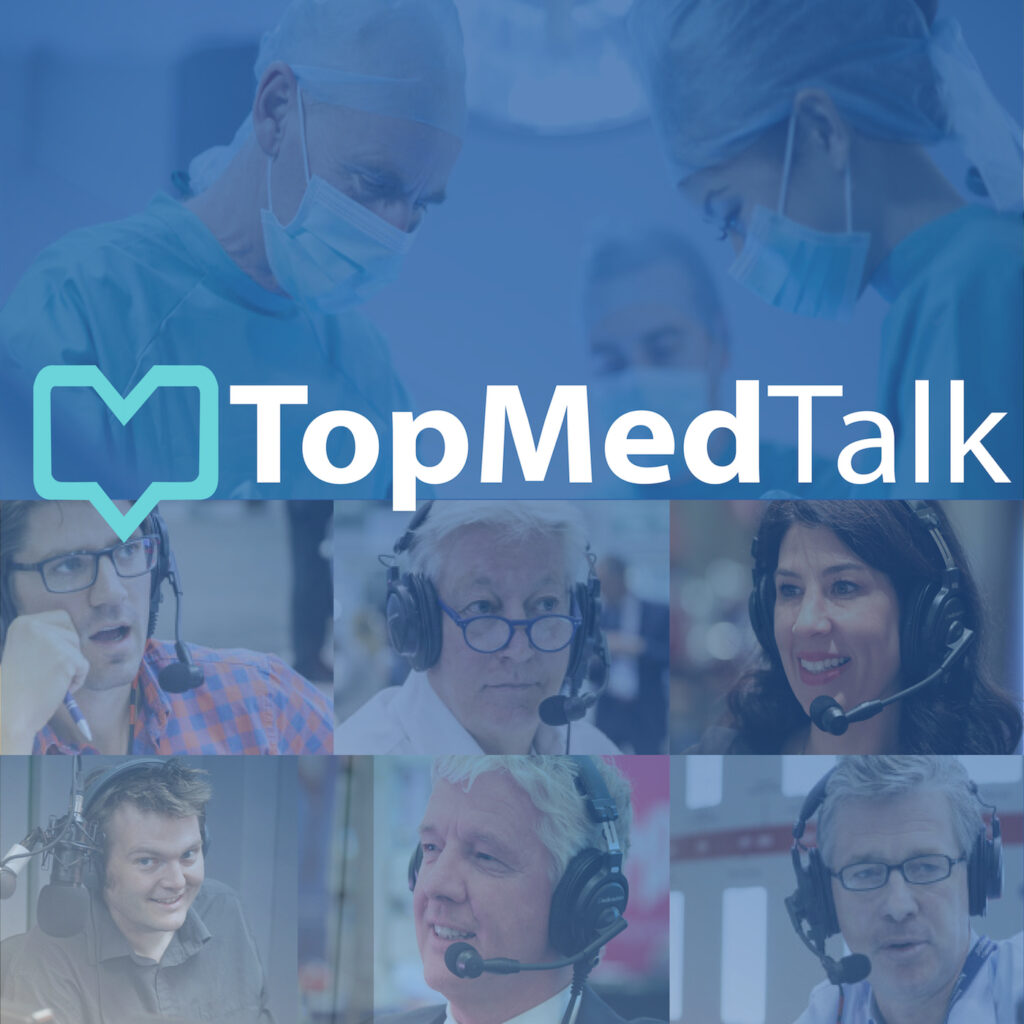
Anaesthesia is the official journal of the Association of Anaesthetists with comprehensive coverage of publications in anaesthesia, ICU and pain. This piece gets into the detail of their hugely popular perioperative care supplement, a collaboration with BJS (formerly the British Journal of Surgery). Surgeons and Anaesthetists around the world are engaging in the debate as a result with thousands of tweets about the subject, after publication only days before the 2020 Winter Scientific Meeting. Further discussion covers prehabilitation, which aspects are backed up by evidence? What are the big trials we should be looking towards? The PREVENTT website is here: https://preventt.lshtm.ac.uk/ More detail on Surgery School is covered here: https://www.topmedtalk.com/?s=surgery+school Anaesthesia’s website is here: https://anaesthetists.org An excellent blog is provided here: https://theanaesthesia.blog/ Anaesthesia tweet here: https://twitter.com/Anaes_Journal Presented, from the Association of Anaesthetist’s Winter Scientific Meeting 2020, by Monty Mythen with Desiree Chappell, Sol Aronson and their guest Andrew Klein, Cardiothoracic Anaesthetist at Royal Papworth Hospital in Cambridge and Editor in Chief of Anaesthesia. Like this, want more? Andrew Klien’s excellent and popular talk on Cardiac Anaesthesia and Anaemia is here: https://www.topmedtalk.com/ebpom-highlight-1-04-cardiac-anaesthesia-and-anaemia/
